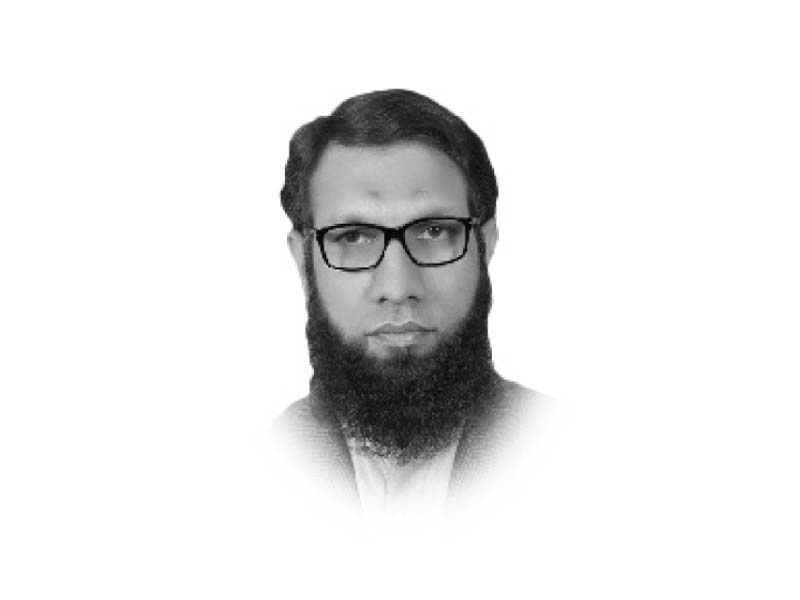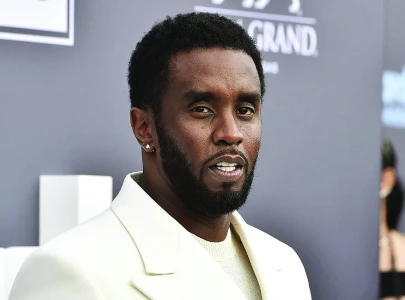
One cannot translate one’s Hajj experience in words. It is unique, it is profound and it is inspiring. It fills out one’s soul with peace, love and devotion. One brings home the Islamic message of universal brotherhood, selflessness and equality. The problem with many of us Muslims, however, is our inability to look beyond a few rituals and get hold of the spirit.
The institution of Hajj has continued to serve as the major unifying influence in Islam and the most effective common bond among the diverse believers. The socialising influence of such a gathering of the brotherhood of believers from the far quarters of the earth is hard to overestimate. It affords opportunity for Africans, Asians, Europeans, rich and poor, high and low to fraternise and meet together on the common ground of faith.
It was extremely shocking to watch what happened in Masjid-e-Nabawi when some ignorant and uncivilised individuals chanted slogans in the name of politics in a place where one can even not pray aloud let alone cursing political opponents. At night, I kept wondering why we went to such a low point when even the holy places are not spared from the garbage we have produced back home! Why this intolerance in politics?
When I looked around the world, I realised that this is not just about us. This polarisation is a global problem. There is an atmosphere of hatred, intolerance and cursing across countries including the United States, France, India, Britain, Turkey and other democratic states. This seems to be the outcome of unfair distribution of wealth thanks to globalisation and the ubiquity of social media. People consider the elite class responsible for their economic hardships and express their anger and frustration (in every way) through social media.
But we must understand that if this trend continues in politics, it will have disastrous consequences. Politics is not the name of cult-worshiping but a process of creating and running a mechanism of governance to manage collective affairs (defence, economy, public order and relations with other countries, etc). Since it deals with social and communal issues, differences are natural. In order to resolve disputes, monarchy and dictatorship system prevailed in the world before democracy in which power was transferred from generation to generation after having been assumed through brute force.
Monarchy had taken over the Muslim world after a brief period of Caliphate. Banu Abbas fought against Banu Ummaya and Fatimid family fought against Banu Abbas. We must give credit to the West for introducing democracy in politics which, though not a perfect system, is the best one in resolving political conflicts through peaceful means of vote. Democracy entails a system of check and balance besides giving opportunity for revisiting previous considerations (policies and programmes) through fresh elections.
It is every citizen’s right to keep a watchful eye on what and how the government does things. It is important for many reasons and for the right ones; to check that public authority is not misused, to ensure that services are delivered efficiently, to see that public security and welfare is promoted. If I disagree with a policy or party, I have the right to change it by voting against it. After the formation of government, people will keep assessing its performance over a certain period of time. It can be voted out if it has failed to deliver on the promises made.
Democracy in Pakistan is once again on trial. Pakistan has been swinging between military dictatorship and democracy since its creation with no hope that the situation will ever change in the foreseeable future. Is there anything wrong with democracy per se or the prevailing socio-cultural environment is repulsive in nature? Is it not a problem of ‘fish rots from the head’ meaning that politicians have failed to create a true democratic culture? Rule of law, human dignity and use of reason should have been promoted by leaders of all political parties so that we, as a nation, should not have embarrassed ourselves in a place like Masjid-e-Nabvi.
Published in The Express Tribune, April 30th, 2022.
Like Opinion & Editorial on Facebook, follow @ETOpEd on Twitter to receive all updates on all our daily pieces.














COMMENTS
Comments are moderated and generally will be posted if they are on-topic and not abusive.
For more information, please see our Comments FAQ